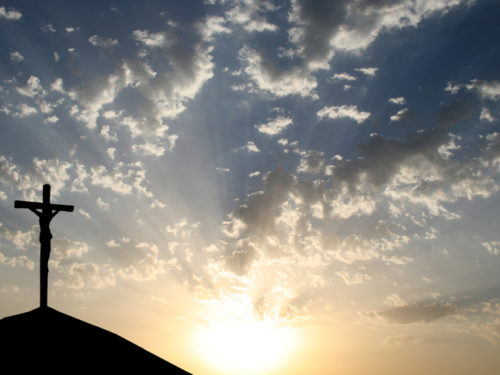 Uncategorized
Uncategorized
In light of the multiple thousands of denominations existing over and against Je...
 Uncategorized
Uncategorized
By: ECO Team
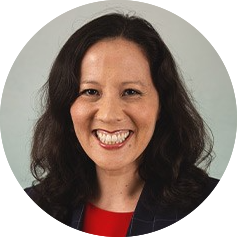
I am grateful for God’s sovereignty and timing: God began to open my eyes to His calling into occupational ministry just as ECO was in its early stages of formation. I have marveled at the miracle it was for a reformed evangelical woman like myself to have this denominational home already well-established by the time I was ready to pursue ordination. Since I not only share a deep belief in the ECO Essential Tenets, but also our ethos for ministry, the fit feels perfect. I have been most encouraged by the National Gatherings and my monthly pastor coaching calls, as well as my Pastors’ Covenant Group, and am grateful to God that He planted me in ECO as my denominational home.
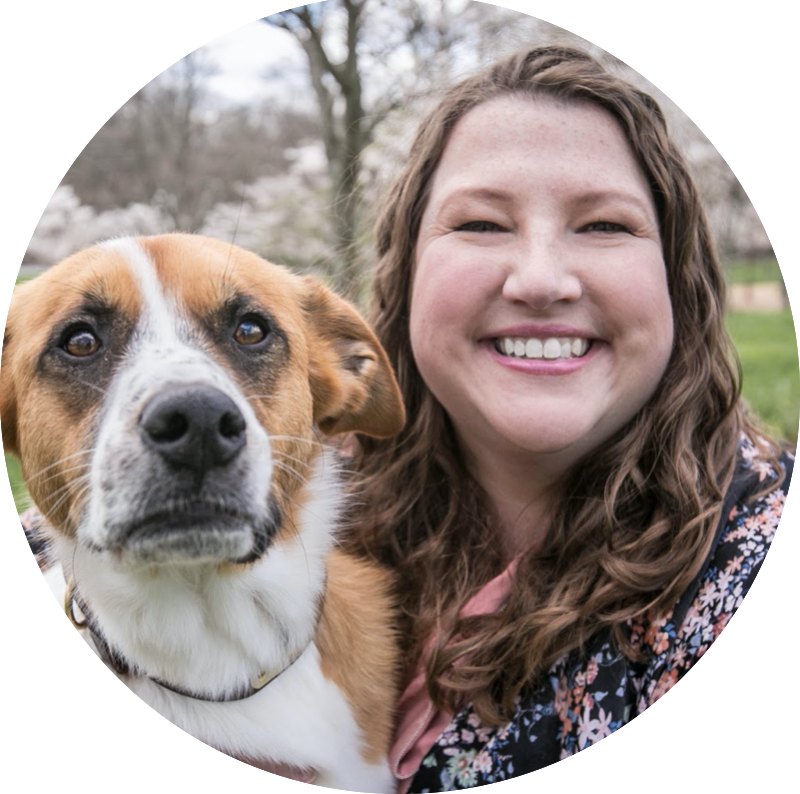
What has been your best support/encouragement as a first call pastor? Several years ago, I got connected with a small group of other children’s leaders. We were doing a leadership course together, and over the years, we have become more friends and sisters than just co-laborers. We laugh together, we cry together, we celebrate each other. When I found out I had been approved for ordination, I shared with one of these gals. She shared with the whole group, and one of them sent me a package, addressed to “Pastor Jennifer,” and full of sweet, thoughtful, fun gifts. Especially as a single woman, I’ve found it’s critical to have “safe people” to share and do life (and ministry) with.
Where could you use more support in your first call? Having served in complementarian churches for the majority of my ministry years, I don’t have a huge base of ordained female pastor friends. It would be nice to be connected with more female pastors, to share struggles, ask questions, support one another, and pray for each other. I was blessed to meet several awesome ordained women at the ECO National Gathering, and have connected with them since, but I’m guessing this isn’t the experience for everyone. We also need to be careful not to place the full weight of this responsibility on a select few women, by creating more intentional avenues for ECO women to connect with and support one another.
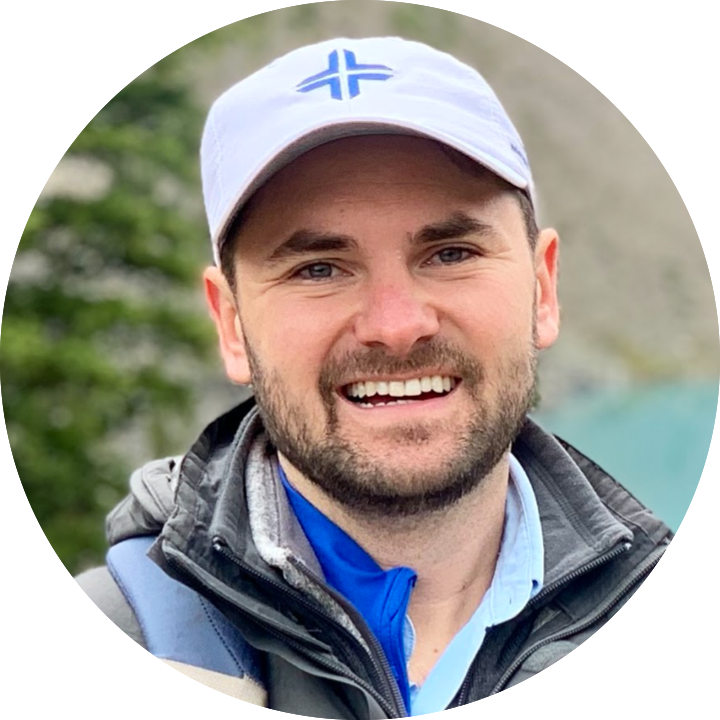
Sitting in a Starbucks studying for my final seminary exams, I was suddenly terrified by the recognition that I still had so much to learn. I had this strange notion that seminary would teach me everything I needed to know for ministry, and then I’d spend the rest of my life simply applying it. But in that moment of self-sufficient anxiety, it was as if God said to me: “I’m going to teach you what you need to know when you need to know it. I’m not calling you into pastoral ministry for you to simply teach others. I’m going to teach you to live in dependence upon me.”
I have been slowly learning that lesson through my experience in my “first-call.” In a way, I was first called to Highland Park Presbyterian when in the 8th grade a friend literally called to invite me to a Bible study at the church. Since then, HP Pres has been my church home, and over the last 13 years, I’ve served on staff as a summer intern, a high school ministry associate, a pastoral intern, a pastoral resident, the student pastor, the teaching pastor, and currently, as a church planting pastor. In the course of that time, I’ve worked under three senior pastors and various other church leaders, who have taught me countless ministry lessons. Many of these “just in time” lessons have come in the midst of ministry “firsts.” Here are a few…
I remember preaching my first sermon at HP Pres. Our then senior pastor, Ron Scates, had taught me that he would prepare his sermons by repeatedly preaching them out loud to his dog. Taking that to heart, there’s no telling how many times I talked through that first message. The day after I preached, Ron complimented my heavily rehearsed sermon. But he then gave me two warnings. He said, “if you want to preach a lifetime of sermons that glorify God and help people, don’t read your own press clippings.” And “when someone told Martin Luther ‘Great sermon!’ he would reply, ‘I know. Satan already told me.’” I’ve never repeated Luther’s line to an encouraging church member – maybe a bit too jarring? – but I’ve never forgotten Ron’s sobering advice. Pride is no stranger to preaching, and Ron’s words provide a steady check to my craving for post-sermon approval.
I remember making my first hospital visits with our then interim senior pastor, Joe Rightmyer. Joe is undoubtedly the most pastoral leader I’ve ever known. He told me that in his family there was an understanding that if someone was in the hospital or in crisis, you drop everything to go. He was “old-school” in that way. But he didn’t just send me on a hospital visit. He took me with him to visit a dying man, to see how he prayed, how he grieved with a family saying goodbye to a loved one. He walked me through his funeral outline and gave me the script for his graveside service. In painful pastoral situations for which there are often “no words,” I initially relied on Joe’s words until I learned to listen to the Holy Spirit to speak my own.
When Bryan Dunagan came to HP Pres, it was his first call as a senior pastor. I’ve learned a ton from watching Bryan’s visionary leadership over the past six years, but a few things especially stick out to me. When I first faced push back from a few parents in the student ministry about making a change in our programming, Bryan not only backed me up, but he passed on Edwin Friedman’s book “A Failure of Nerve.” He told me, “If you think that your job is too good to risk losing, you’ll lose your ability to do any good in the job.” As a conflict-averse, people-pleaser, I’ve found this an immensely helpful lesson. Bryan has repeatedly shown me how to strive for excellence, while generously giving credit to others. He’s taught me how to keep the focus on Jesus, as we help people find and follow him. And he’s communicated, what I think is so helpful for first-call pastors, that there’s a place for me to stay along with an open-handed freedom to pursue another call. When that next step became clear for me, he’s been nothing but supportive, as I slowly grew in courage to accept my second call to help launch a new church in our city.
One word of “first-call” wisdom I remember from my professors at both Redeemer Seminary and Duke Divinity is the importance of forging friendships with pastors from other churches. Some said, “You can never really let down your guard with people in your own church family because you’re also their pastor. So you need to build relationships with pastors outside of your own congregation.” For most of my first-call, I regret that I followed the first half of their advice and failed to pursue the latter. Only when I married my wife, Brandi, three years ago, did she insist that we join a small group in our church. Through that group, and through a smaller accountability group I’ve since joined, I’ve come to believe that you CAN have relationships of vulnerability, mutual-encouragement, and grace with brothers and sisters in your own church family.
Those professors were right though, that there’s a perspective, freedom and joy that comes from building friendships with other pastors. This last year I’ve been part of the ECO “first-call” pastors cohort led by John and Laura Crosby. Laura is incredibly gifted at soul care, and she helps us to use our time-away from our ministry routines to listen to what God is saying to us. John humbly speaks from years of pastoral experience and creates space for us to wrestle with pressing questions about ministry in an increasingly post-Christian culture. Their leadership alone is worth the price of admission.
But the best part of this group has been developing friendships with other ECO pastors. Not only does it make the National Gathering feel far more like a reunion, but it helps you link arms with those who are laboring in so many other contexts to build Jesus’ Church. It reminds me, to quote Gandalf at the end of the Hobbit, that I’m just “a little fellow in a wide world after all.” There is a far bigger kingdom of God that we’re all playing our small part to pursue. And because our labor is not in vain; because even as we work we rest in the finished work of Jesus on our behalf; we can humbly admit our limitations and reply with Bilbo “thank goodness.” In our imperfect knowledge and experience, we serve and depend upon a perfect God, who equips those he calls. I’ve found that to be true in my first-call, and I’m trusting that it will continue to be true, as I “step out of the boat” to pursue my second.
 Uncategorized
Uncategorized
In light of the multiple thousands of denominations existing over and against Je...
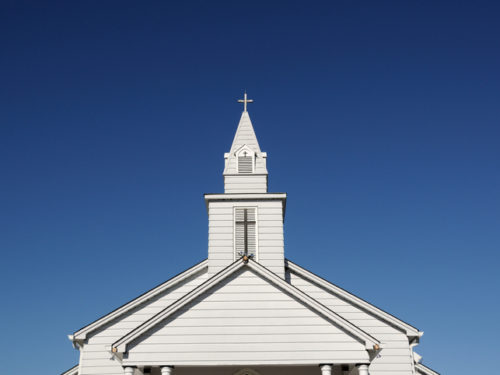 Uncategorized
Uncategorized
My first pastoral call was to the First Presbyterian Church of Winnfield, a litt...
 Uncategorized
Uncategorized
This semester, I’m teaching “The Holy Spirit and the Church.” Our primary textbo...